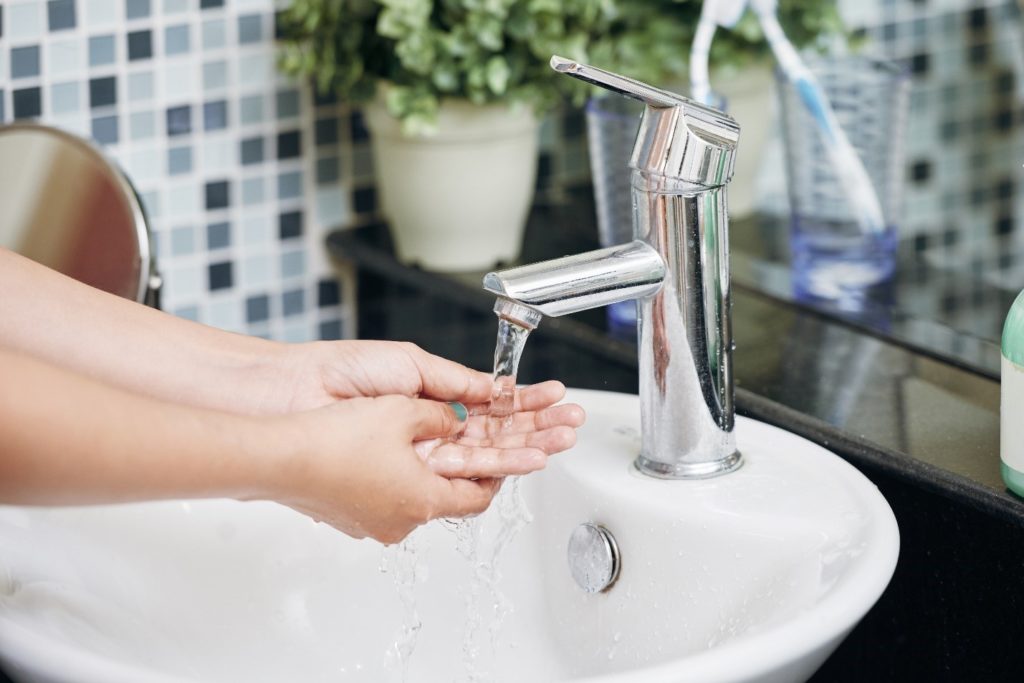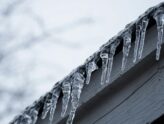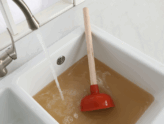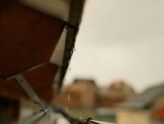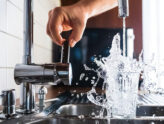Everything You Need to Know about Soft Water
There are two types of water that appear in our plumbing systems. One is soft, and the other is hard. You might have heard your friends, family, or even your plumber mention that the water in your area or property is very ‘hard’ or ‘soft’.
So, what is the difference between these two types of water, and how do they affect your plumbing? In today’s post, we start by looking at what soft water is and whether or not it is good or bad for you and your plumbing. Let us get started!
What is Soft Water?
Essentially, soft water is water that does not contain dissolves salts from metals. Because water is typically pumped from the ground, it can sometimes pick up minor amounts of ions, such as calcium and magnesium. On the other end, hard water contains relatively high amounts of these deposits. The reason why water picks up these ions is due its ability to become solvent to many things, meaning it mixes easily. Given that water pumped into homes has normally had some sort of contact with rocks or soil, it is natural for some dissolved particles of these minerals to appear in our water.
Though you might be concerned about the idea of ions in your water, calcium and magnesium are actually part of a healthy metabolism. Calcium helps to build healthy bones and teeth, while magnesium controls our muscle and nerve function. Therefore, areas with soft water have less access to these minerals through tap water than those with hard water do.
Where is Soft Water Common in Ontario?
How hard or soft your water is does depend on several factors, including the geography and geology of your local area. For example, soft water is more common in areas with hard rocks that are low in calcium.
To identify if water is hard or soft, hardness is usually determined by the amount of calcium carbonate concentration it contains. Generally, if the amount of calcium carbonate concentration is less than 60mg/l, your water is soft. Anything over 60mg/l is considered hard, with numbers higher than 180 mg/l showing that the water is very hard.
In Ontario, there is a wide spread of areas with soft and hard water. Softer water tends to be found in the north of Ontario, whereas harder water is typical across southern Ontario in cities such as:
| City / Town | Mg/l |
|---|---|
| Ajax | 125 |
| Bowmanville | 125 |
| Courtice | 125 |
| Markham | 128 |
| Oshawa | 125 |
| Pickering | 137 |
| Scarborough | 142 |
| Stouffville | 290 |
| Toronto | 121 |
| Uxbridge | 186 |
| Whitby | 137 |
Does Soft Water Affect My Plumbing?
Though soft water does not contain as many healthy minerals as hard water does, soft water is much gentler on your plumbing. The reverse is true for hard water. Despite being healthy for your body, the ions in hard water cause a build-up of waste minerals when left in pipes and appliances for too long. This can cause shorten the lifespan of some appliances like washing machines, kettles, and taps. More importantly, hard water build-up affects pipes around your home, resulting in clogging and other issues.
If you are in an area with soft water, you are unlikely to experience these issues due to low mineral levels in your plumbing.
Soften Your Water with a Water Softener
If you find that the water in your home is too hard and it is causing a nuisance on your property, do not fret. Thankfully, there are ways to reduce the hardness of your water. A water softener can be installed on your home which removes minerals like calcium and magnesium from your water supply and replace them with sodium and potassium, which does not cause the same type of build-up in your plumbing.
Though some people choose to install water softeners on their own, it is much safer to allow a plumber or plumbing expert to do this. Installing water softener can take several hours to get right or even longer if you have little plumbing experience. Experience plumbers like Caldwell Plumbing are able to securely install the softener with ease in a much shorter amount of time.
If you are looking to have a water softener installed on your property – contact us today!

